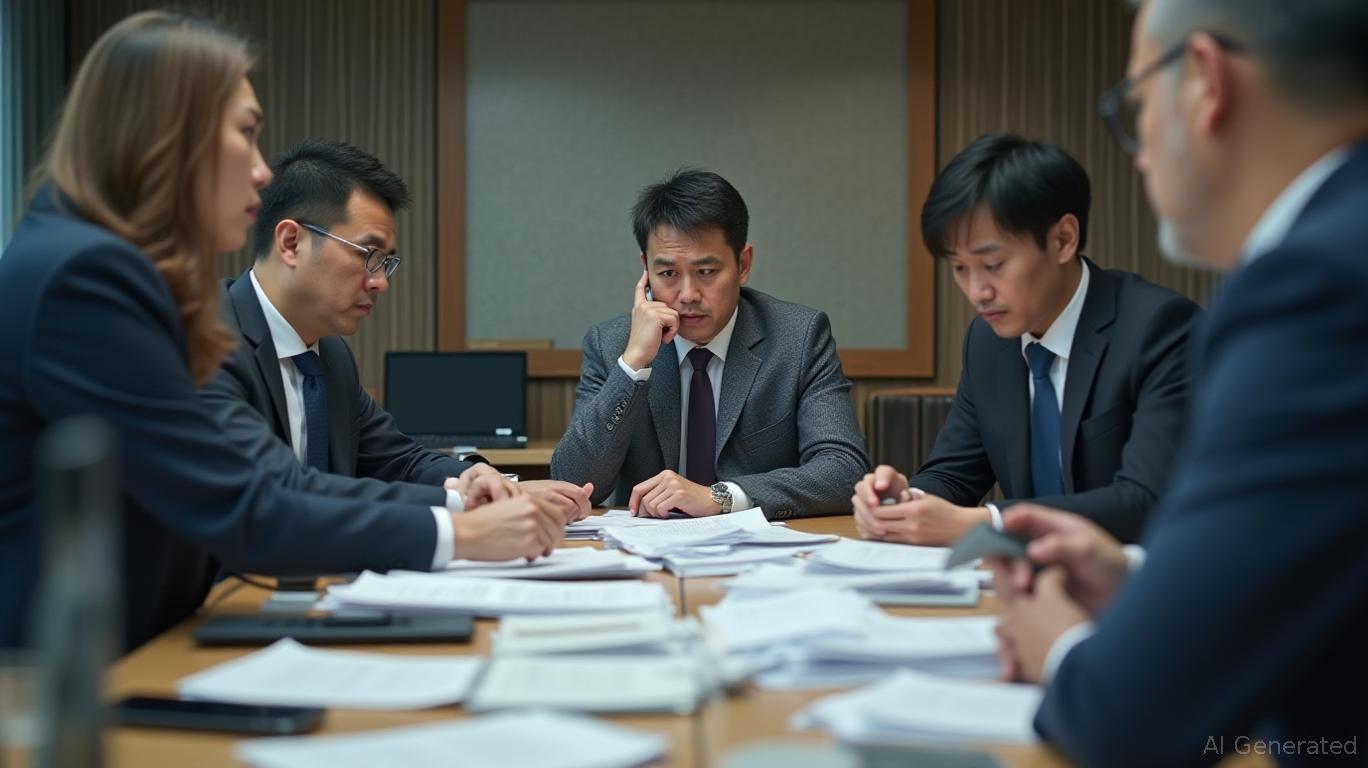Japan’s regulatory framework for cryptocurrency is increasingly viewed as a drag on innovation, with industry leaders attributing the country’s slow progress in the crypto space to bureaucratic delays rather than proposed tax changes. Maksym Sakharov, co-founder and CEO of Web3 firm WeFi, highlighted that Japan’s “slow, prescriptive, and risk-averse” approval processes are the primary reason crypto projects are relocating offshore [1]. According to Sakharov, even if a proposed 20% flat tax on crypto gains is enacted, the existing regulatory bottlenecks will persist in deterring startups and liquidity from operating within Japan [1].
The current two-step approval system, which requires self-regulatory review by the Japan Virtual and Crypto Assets Exchange Association (JVCEA) followed by final oversight from the Financial Services Agency (FSA), has created significant delays. Projects often face timelines of 6–12 months to launch, with repeated revisions for token listings, IEO white papers, and product change notifications. Sakharov described the process as “designed to avoid downside, not to accelerate innovation,” emphasizing that Japan’s rigid pre-approval model contrasts sharply with more agile frameworks in Singapore, South Korea, and the UAE [1]. For example, Singapore offers clearer pathways for token listings, while South Korea’s VAUPA regulatory approach focuses on ongoing obligations rather than external pre-approvals [1].
Comparative analysis underscores Japan’s lag in global crypto adoption. A simple token listing in Japan can take half a year or longer, whereas the UAE’s faster regulatory environment has enabled rapid onboarding of blockchain projects. Meanwhile, Hong Kong’s Ensemble Sandbox initiative has demonstrated how regulatory flexibility can foster experimentation and attract capital [1]. These contrasts highlight Japan’s risk of losing its early-mover advantage in the crypto sector, as innovators seek jurisdictions with more dynamic regulatory cultures [1].
Sakharov proposed reforms to address these challenges, including “time-boxed, risk-based approvals,” a functional sandbox supporting staking and governance experimentation, and proportional disclosure requirements. He argued that Japan’s regulatory inertia is stifling both domestic and international investment, with uncertainty around approvals pushing projects to scale abroad [1]. Without systemic changes, he warned, Japan’s reputation as a crypto hub may diminish further, as startups prioritize jurisdictions where market entry is less burdensome.
The implications extend beyond the crypto sector, affecting Japan’s broader digital economy. Delays in approving blockchain applications—such as smart contracts and tokenized assets—hinder cross-industry use cases, from supply chain management to digital identity solutions. Experts suggest that Japan’s regulatory culture must evolve to align with global trends, leveraging technology-driven solutions like AI and blockchain to streamline compliance. A study by MDPI, for instance, highlights how platforms like AKI2ALL integrate AI and decentralized systems to automate rule enforcement, reducing bureaucratic overhead and approval times [2]. Such innovations could serve as a blueprint for modernizing Japan’s regulatory infrastructure.
Japan’s ability to retain its crypto talent and attract global capital hinges on addressing these systemic bottlenecks. While the Financial Services Agency has shown some willingness to adapt, critics argue that incremental changes are insufficient without a comprehensive overhaul of approval processes. The recent push for AI-aided compliance, as demonstrated by projects like AKI2ALL, offers a scalable model for balancing regulatory rigor with operational efficiency [2]. Without urgent action, Japan risks ceding its position in the global crypto landscape to jurisdictions that prioritize innovation-friendly policies [1].
Sources:
[1] [Japan’s ‘slow’ approval culture stifles crypto adoption: Expert](https://coinmarketcap.com/community/articles/6884cef47bcc423cceef7492/)
[2] [AKI2ALL: Integrating AI and Blockchain for Circular](https://www.mdpi.com/2075-5309/15/15/2629)



AloJapan.com